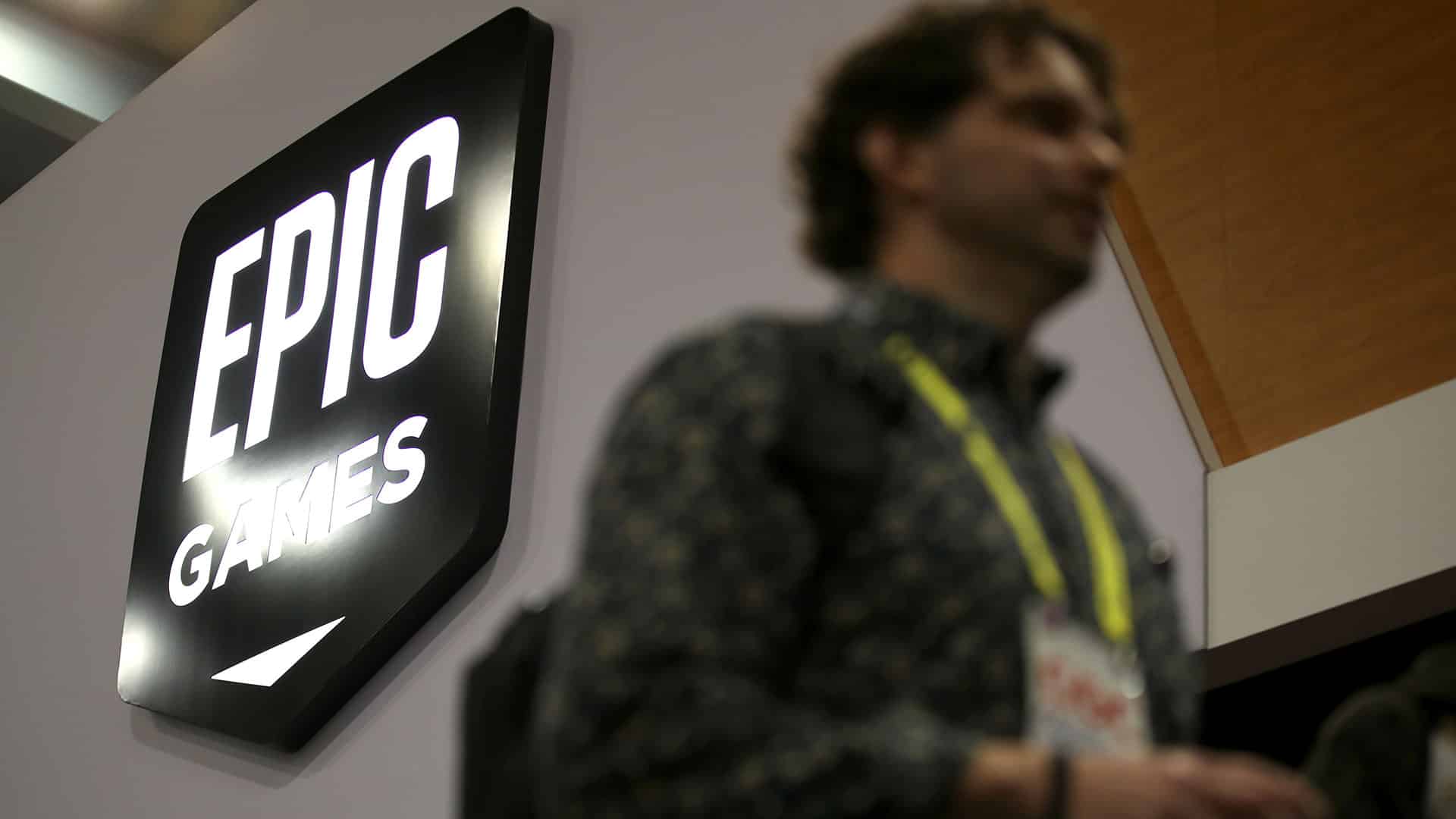One of the biggest companies in the gaming industry is now paying up. Epic Games, the creator of the viral video game hit ‘Fortnite”, has now agreed to pay a total of $520 million to settle with the US government.
Epic Games had allegations that it misled millions of players in the game, including young children and teens alike, to make unintended purchases. In addition, the FTC claimed the business violated a landmark federal children’s privacy law.
Epic Games has agreed to pay $275 million to the US government since the brand gathered personal information of kids under the age of 13 without a parent or guardian’s verifiable consent. This is the largest fine the FTC has ever slapped on a major brand.
In a separate settlement from COPPA (Children’s Online Privacy Protection Act), Epic Games will pay an additional $245 million as a refund to consumers who were allegedly harmed by any user-interface design choices that the FTC claims were deceptive. This agreement is also the largest order in the Federal Trade Commission’s history.

In a blog post addressing the situation head on, Epic Games said the agreement reflects an evolution on how US laws are being applied to the gaming industry as a whole.
“No developer creates a game with the intention of ending up here,” Epic said in the blog post. “We accepted this agreement because we want Epic to be at the forefront of consumer protection and provide the best experience for our players.”
FTC chair Lina Khan also stated that the settlement reflected the agency’s determination to focus on privacy and “dark patterns.”
ADVERTISEMENT
“As our complaints note, Epic used privacy-invasive default settings and deceptive interfaces that tricked Fortnite users, including teenagers and children,” said FTC Chair Lina M. Khan. “Protecting the public, and especially children, from online privacy invasions and dark patterns is a top priority for the Commission, and these enforcement actions make clear to businesses that the FTC is cracking down on these unlawful practices.”
“The Justice Department takes very seriously its mission to protect consumers’ data privacy rights,” said Associate Attorney General Vanita Gupta. “This proposed order sends a message to all online providers that collecting children’s personal information without parental consent will not be tolerated.”

Epic’s video game is generally free to download and play but these charges users in game purchases like costumes and dance moves. With more than 400 million users online, the FTC did not take this lightly.
“Epic put children and teens at risk through its lax privacy practices, and cost consumers millions in illegal charges through its use of dark patterns,” said Samuel Levine, Director of the FTC’s Bureau of Consumer Protection. “Under the proposed orders announced today, the company will be required to change its default settings, return millions to consumers, and pay a record-breaking penalty for its privacy abuses.”
The FTC further hinted that Epic Games made it even more difficult to cancel any purchases in game by burying the options at the bottom of screens and even requiring consumers to push and hold to confirm any cancellation. These designs built into the gameplay had many users accidentally purchase something so easily – compared to a cancellation, which hard far more steps.

Epic Games has also agreed with the FTC to implement a feature that expliciltly asks users online to save their payment information for future use. The feature is currently live. The company also recently rolled out a more limited version of “Fortnite” for younger players that allows them to access some features while awaiting parental consent but that restricts chat and purchases.
ADVERTISEMENT
Epic employees expressed concern about its default settings. As early as 2017, Epic employees urged the company to change the default settings to require users to opt in for voice chat, citing concern about the impact on children in particular. Despite this and reports that children had been harassed, including sexually, while playing the game, the company resisted turning off the default settings. And while it eventually added a button allowing users to turn voice chat off, Epic made it difficult for users to find, according to the complaint.
“We share the underlying principles of fairness, transparency and privacy that the FTC enforces, and the practices referenced in the FTC’s complaints are not how Fortnite operates,” Epic wrote. “We will continue to be upfront about what players can expect when making purchases, ensure cancellations and refunds are simple, and build safeguards that help keep our ecosystem safe and fun for audiences of all ages.”









